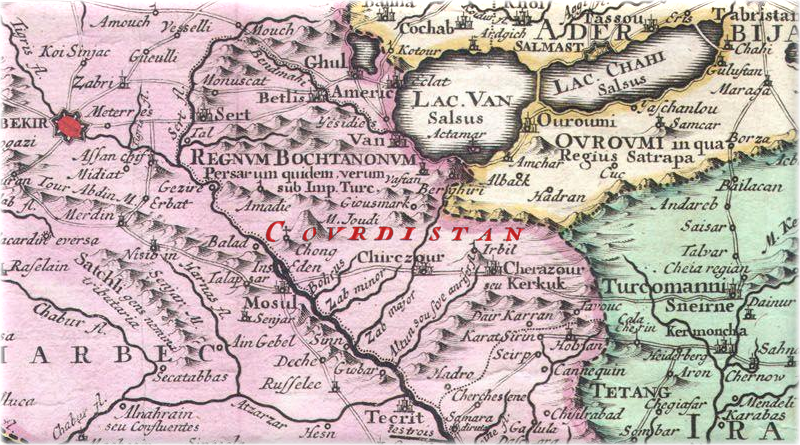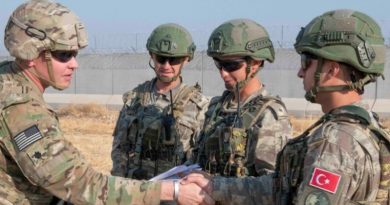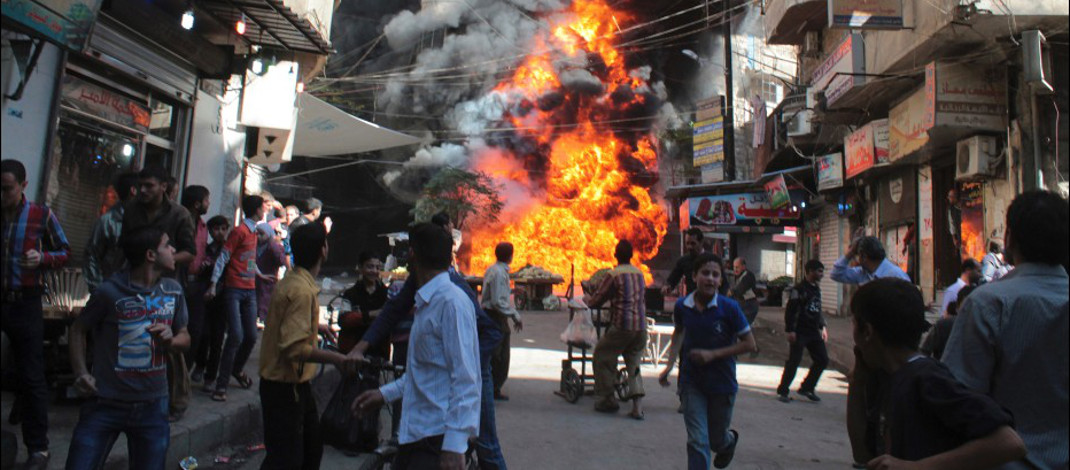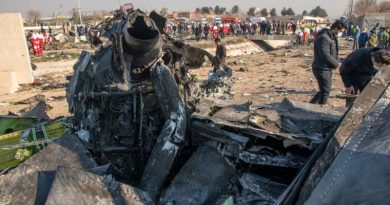Is Turkey Preparing for War in Northern Iraq?
According to Turkish news channels, it’s ruler Recep Erdogan has called a parliamentary meeting [update: the meeting is with the Turkish National Security Council, not parliament] this Saturday September 23, 2017 to discuss preparing the Turkish army close to the Iraqi border ahead of Monday’s referendum on the establishment of an independent Kurdistan.
It’s no secret that the Turkish leader vehemently opposes the Kurdish minority group, let alone the establishment, likely led by Masoud Barzani, of an independent Kurdistan close to his borders.
Should the decision to military oppose a positive outcome of the referendum be accepted, the conflict in the region is likely to take a new turn.
Let’s look at the parties involved.
Opposing a possible creation of Kurdistan would be Iran, Iraq, Turkey and indeed Syria. Russia is likely to take an initial passive approach, but will not find Kurdistan as an end-all solution to the conflict in the Middle-East and indeed one which could further destabilise the region.
Proponents of an independent Kurdistan are Israel, some European countries and the Gulf states.
With the US fast loosing grip on proceedings with their failure to uproot Syria and with Iraq increasingly being wary of the imperialist power, its input about the topic might be brushed aside easily which leaves the regional countries open to duke it out between themselves. The US is vocal in it opposing a Kurdish independence though and has warned the referendum may “jeopardise Iraqi Kurdistan’s regional trade relations, and international assistance of all kinds“. [Updated september 22]
Which brings us to two other parties unmentioned up to now: Hashd-al Shabi (the Popular Mobilization Forces or PMF) and IS / ISIL / Daesh.
The PMF has recently gone on record that they would not allow the creation of Kurdistan in the area and are willing to go to war over it. The PMF, although largely unknown in the West, is an amalgam of various Shia militias, which supported by Iraq as well as Iran, are a force to be reckoned with. Their numbers count up to around 140.000 fighters. The secretary general of the Badr Organisation of Iraq, Mr. Hadi al-Amiri warned last week Thursday September 14, that “the tension on holding a referendum in Iraqi Kurdistan will undoubtedly lead to civil war” and calls upon “all countries in the world to act in order to prevent Iraq from entering a civil war“.
Absurdly enough, IS likely will side with the Israeli-American group, taking the side of the Kurds whom they were fighting before.
While the Western audience following the bloody conflict in Syria might be under the impression that the destabilisation process in the Middle-East was contained with the Syrian Arab Army backed by the Russian airforce is close to ousting the IS radicals, the conflict brewing over “Kurdistan” has the potential to further escalate the war into a wider conflict.
It must become clear to these audiences that the idea of having an independent Kurdistan which is merely backed and cared after by the US and Israel encompasses an explosive outcome with the ability to pull in the combined forces of Iran, Iraq and Turkey playing a very active military role. Something which they have so far refrained of doing.
Effectively, from the moment the Kurds would pronounce independence, it would be wedged between Shia militias and the Turkish army. It would find itself at war the moment it’s created in a conflict they’re unlikely to win.




